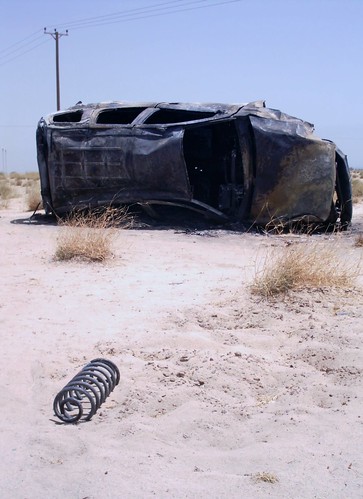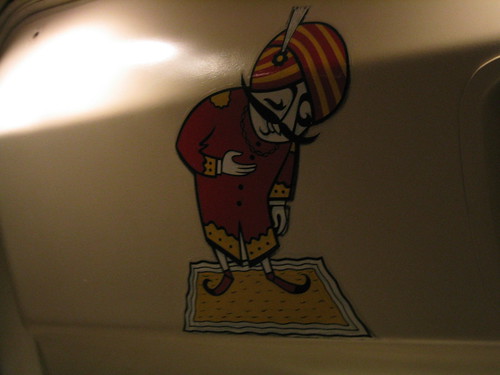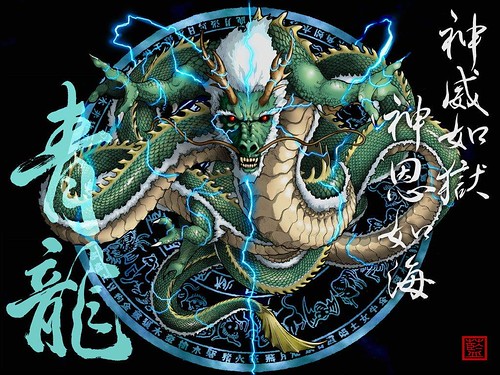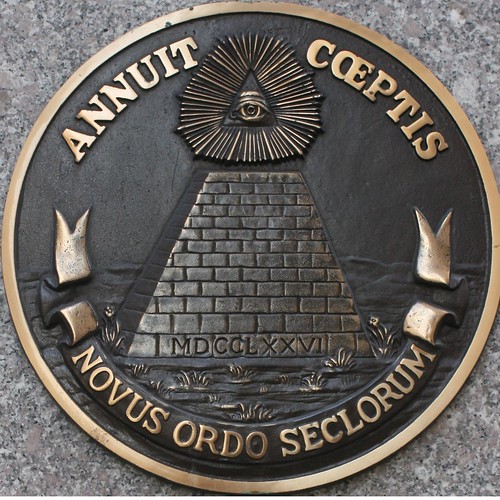 Yes, that's former general and Secretary of State Colin Powell holding up a vial of anthrax - part of the generalized misrepresentations alleging that Iraq was developing weapons of mass destruction.
Yes, that's former general and Secretary of State Colin Powell holding up a vial of anthrax - part of the generalized misrepresentations alleging that Iraq was developing weapons of mass destruction. In the lead-up to the invasion, the U.S. and UK emphasized the argument that Saddam Hussein was developing "weapons of mass destruction" and thus presented an imminent threat to his neighbors, to the U.S., and to the world community. The US stated "on November 8, 2002, the UN Security Council unanimously adopted Resolution 1441. All fifteen members of the Security Council agreed to give Iraq a final opportunity to comply with its obligations and disarm or face the serious consequences of failing to disarm. The resolution strengthened the mandate of the UN Monitoring and Verification Commission (UNMOVIC) and the International Atomic Energy Agency (IAEA), giving them authority to go anywhere, at any time and talk to anyone in order to verify Iraq’s disarmament." Throughout late 2001, 2002, and early 2003, the Bush Administration worked to build a case for invading Iraq, culminating in then Secretary of State Colin Powell's February 2003 address to the Security Council. Shortly after the invasion, the Central Intelligence Agency, Defense Intelligence Agency, and other intelligence agencies largely discredited evidence related to Iraqi weapons and, as well as links to Al Qaeda, and at this point the Bush and Blair Administrations began to shift to secondary rationales for the war, such as the Hussein government's human rights record and promoting democracy in Iraq.Many opine that the U.S. was conscientious in its pursuit of the Iraqi WMD artifacts. Given that the Pentagon and foggy bottom probably still had the invoices and receipts for much of that material, their level of concern was warranted.
Accusations of faulty evidence and alleged shifting rationales became the focal point for critics of the war, who charge that the Bush Administration purposely fabricated evidence to justify an invasion it long planned to launch.
Who can say?
From where I sit, it's already just another one of history's mysteries and an anomalous link in the chain of elite rule and the narratives supporting the same. Always interesting to see how a face and a voice invested with such trust and gravitas as Powell's could be associated with something so rank, dank, and stank. The lesson, I suppose, is to always critically examine the facts and the statements and to scrupulously ignore the feelings that the spokesperson evokes. If it bolsters public confidence and is expedient to the narrative aims - TPTB have access to a stellar cast of characters that can be deployed against public confidence building objectives.....,






















